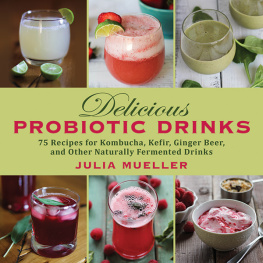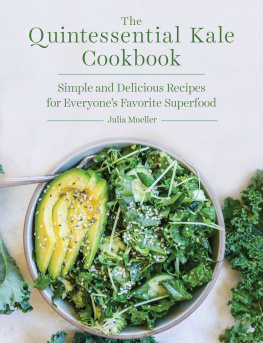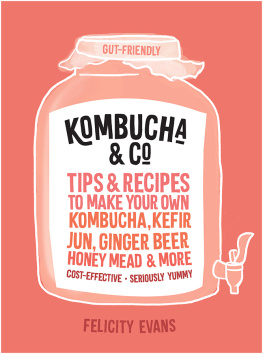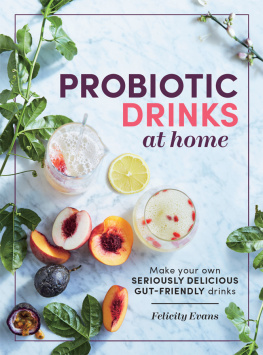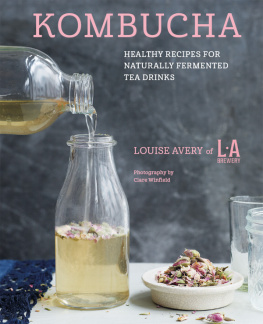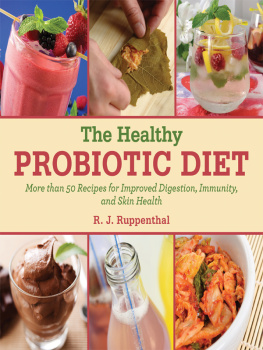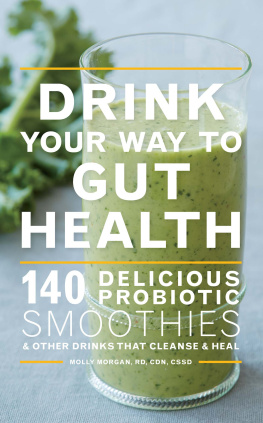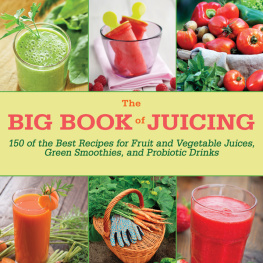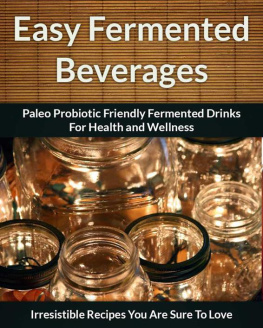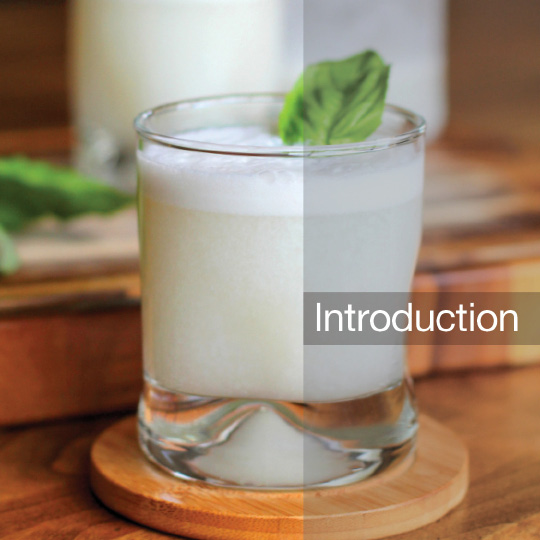All Rights Reserved. No part of this book may be reproduced in any manner without the express written consent of the publisher, except in the case of brief excerpts in critical reviews or articles.
Skyhorse Publishing, 307 West 36th Street, 11th Floor, New York, NY 10018.
Skyhorse Publishing books may be purchased in bulk at special discounts for sales promotion, corporate gifts, fund-raising, or educational purposes. Special editions can also be created to specifications. For details, contact the Special Sales Department, Skyhorse Publishing, 307 West 36th Street, 11th Floor, New York, NY 10018 or info@skyhorsepublishing.com.
Skyhorse and Skyhorse Publishing are registered trademarks of Skyhorse Publishing, Inc.,
a Delaware corporation.
Visit our website at www.skyhorsepublishing.com.
Library of Congress Cataloging-in-Publication Data is available on file.
Neither Skyhorse Publishing nor the author assume any liability for any health issues, including sickness, injury, or death, that arise from improper handling of probiotic cultures or the use or misuse of any of the instructions in this book. Brewing probiotic beverages requires patience and attention to detail. Always use caution and common sense when working with any fermented food or drink product.
Introduction
W elcome to the wonderful world of probiotic drinks! If youre looking for a fun and delicious way to improve your health, youve come to the right place!
In this book, you will find more than seventy-five recipes for creating ten different types of probiotic beverages. In these pages, you will discover what home brewing is; the health benefits of probiotics and various herbs, fruits, vegetables, and teas; and how to get started making your own delicious probiotic drinks.
The sections in this book are organized by type of beverage. Each section begins with how-to instructions on brewing the drink and then provides recipes for flavoring the beverage to ensure a tasty experience. While this book provides information on fermentation and can act as inspiration for flavor ideas, I welcome you to get creative and cater to your own pallet and nutritional needs, as well as choose techniques that work for you. Remember, fermentation is an art!
Fermentation can be frustrating. It can be time-consuming, confusing, but more than anything, it is absolutely magnificent once you get the hang of it! Not only is the process of fermenting drinks (and food!) fun, but it also teaches you a great deal about basic chemistry and human healthand is utterly delicious.
Fermenting probiotic drinks does not need to be expensive! In fact, it is very cost-effective to brew all of these beverages at home. The internet is a great resource for finding quality probiotic starters, jugs, bottles, jars, and other tools that are necessary for brewing.
Take your time, enjoy the process of growing healthful probiotic cultures, and give yourself a pat on the back for beginning a journey that will affect your health in a very positive way. Remember that there is an ecosystem of organisms inside of you that helps your body with its most basic yet complex functions. Promoting these organisms by establishing a desirable environment for them to thrive will make them healthy and happy, which in turn will do the same for you.
Please be sure to read all of the instructions carefully, as there are some risks involved in fermenting probiotic drinks. Without further adieu, it is time to learn about probiotic beverages!
About Probiotics (and Yeast)
Probiotics are good bacteria that help promote and maintain the microflora in your digestive tract to achieve digestive balance and overall gut health. There are thousands of strains of helpful bacteria and yeast; the type of bacteria touted as being the most beneficial to our digestive systems is Lactobacillius, which is the live culture present in yogurt, kombucha, kefir, ginger beer, etc. While you can purchase a large array of probiotic supplements and drinks from the grocery store, they tend to be pricy and are not always as effective as those made at home.
In the battle of good and evil bacteria, probiotics are the good guys. Probiotics help fight off harmful bacteria, which can prevent or heal sickness, boost immunity, and increase energy. Some companies even manufacture probiotic cleaners for use in your home or commercially to keep a sanitary environment.
On a daily basis, we consume foods lacking in live nutrients. The root of this issue is twofold, beginning with the way our food is sourced and ultimately how our food is prepared. Our meats are often filled with antibiotics and our fresh produce can be genetically modified and sprayed with chemicals. We rely heavily on cooked foods, such as breads and pastas. Because of the convenience of commodity foods, we forget that optimal nutrition comes from a diet rich in raw, whole foods.
While adding probiotic drinks to your diet will not necessarily provide a cure-all for any nutrition deficits, it certainly will help heal your gut from damage that difficult-to-digest foods (such as wheat, beans, legumes, processed sugars) have caused. It will also help establish a positive environment for the existing beneficial microorganisms in your gut to flourish, assisting in the breakdown of food, fighting off pathogens, and boosting your immune system.
Health Benefits of Probiotic Drinks
Each probiotic drink has its own unique strains of bacteria and/or yeasts. There are thousands of strains of helpful bacteria and yeasts, each providing a supportive role in our digestive and immune systems. The health benefits of probiotic drinks are extensive. In each section of this book, I provide a description of the health benefits of the beverage itself as well as the health benefits of the ingredients for each recipe.
Probiotic drinks promote efficient digestion by achieving healthy gut flora, fighting pathogens (thereby promoting immunity), and boosting energy levels for overall vitality. In a sense, fermented foods are predigested, as sugars in the food or drink have already broken down. This makes them easier to digest than non-fermented foods and creates less work for the pancreas, which is responsible for secreting digestive fluids.
While probiotic drinks have different effects on different people, studies have shown they can help alleviate the following ailments:
Constipation
Candida and Leaky Gut Syndrome
Irritable Bowel Syndrome
Ulcers
Yeast Infections
Celiac Disease
Crohns Disease
Diarrhea
Diabetes
It is important to keep in mind that while I provide information about the health benefits of each beverage, many in the scientific community still debate to what extent probiotics help us. For this reason, it is important for you to literally follow your gut. Do your own research, and remember these beverages are not a cure-all, nor do they have the same effects on each individual.
About Fermentation
Fermentation is a valuable tool that has been used in various cultures around the world for thousands of years. It has been used for making beer, wine, other fermented beverages, and shelf-stable food, all of which were important to nations prior to refrigeration to ensure a stock of food and drink could be safely kept.
Fermentation is a process that occurs when a live organism grows and multiplies as it eats the food it is supplied and converts it into acid and alcohol. In the case of this cookbook, the live organisms are strains of bacteria and yeast, also known as probiotics. The food the probiotics eat comes in a form of sugar: cane sugar, honey, lactose from milk, or fructose from fruit.

